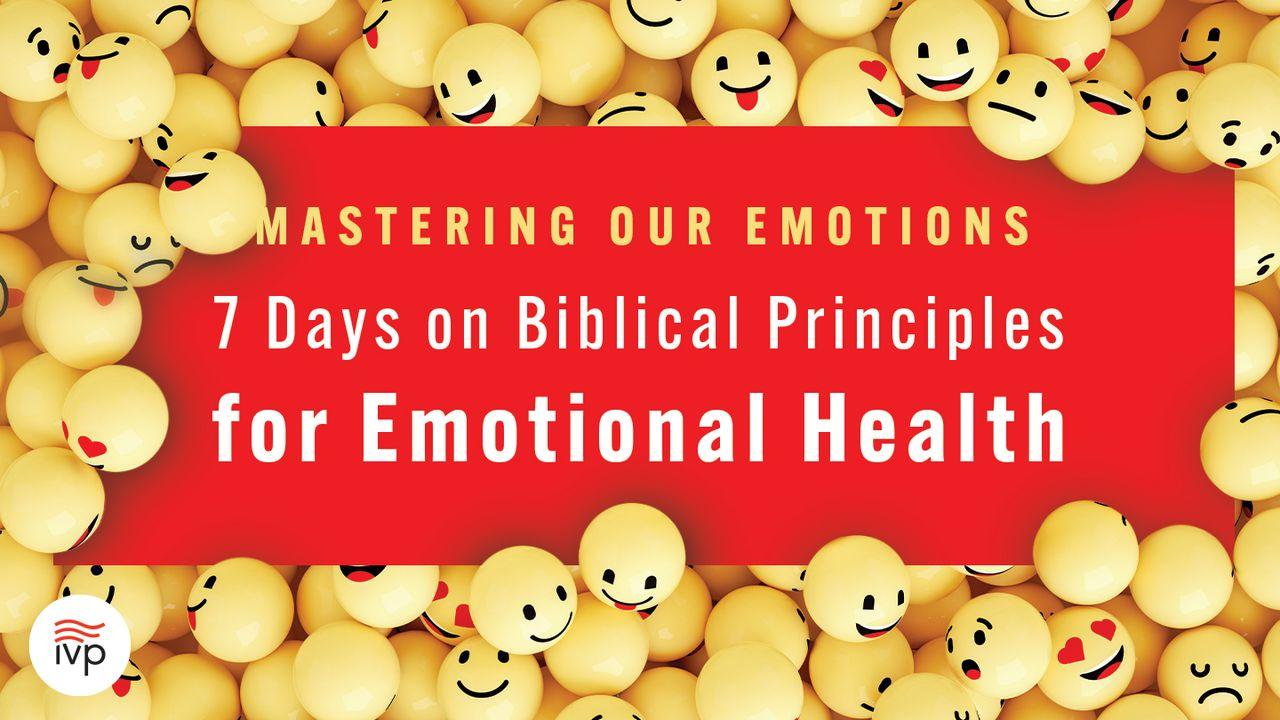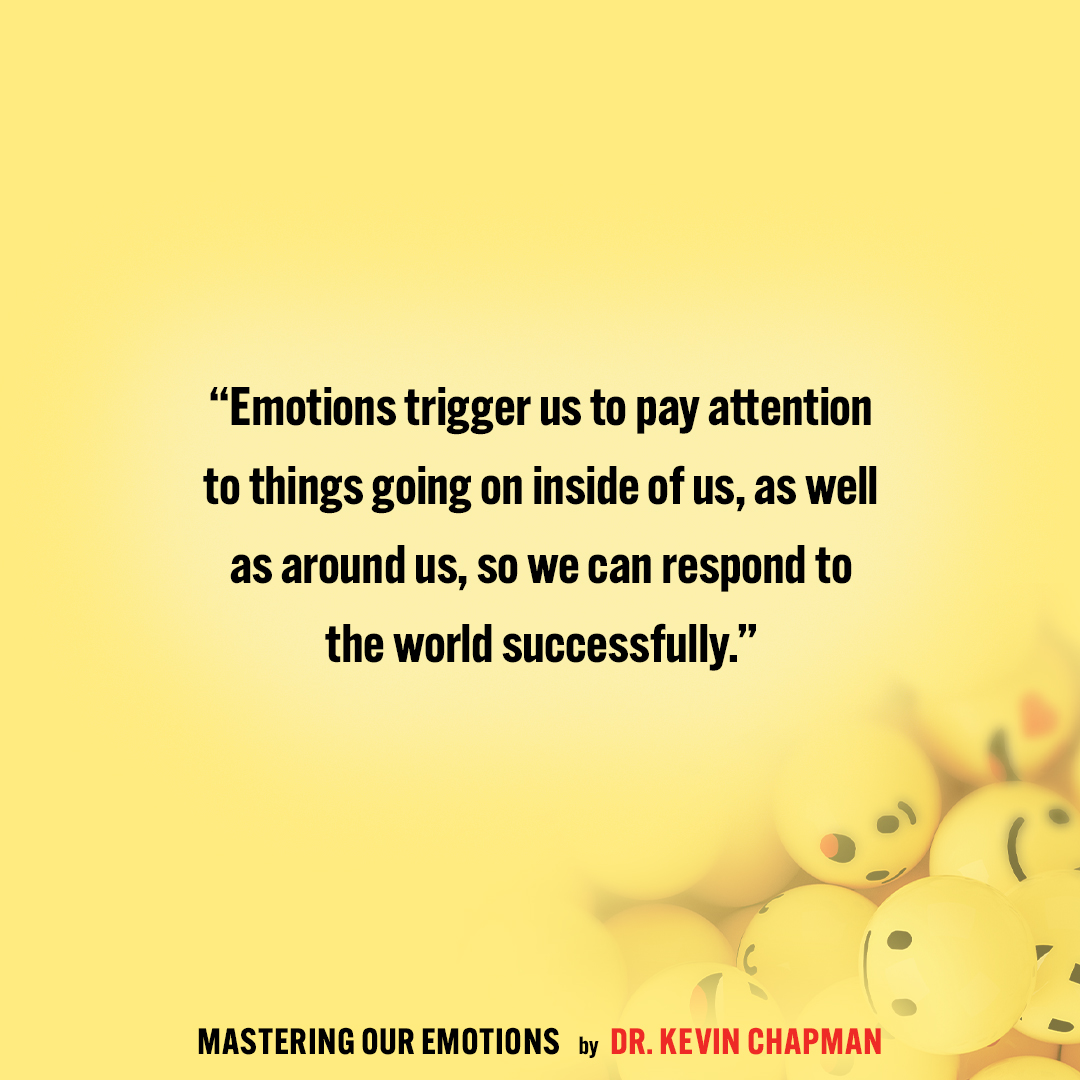Mastering Our Emotions: Biblical Principles for Emotional HealthSample


Being an Emotional Master
It is human nature to categorize. For example, when we don’t understand the nature and function of emotions, we often create and apply religious terms to emotions and deem them as destructive or damaging because we don’t understand them. A good example is found in John 2:13-17 when Jesus makes a whip of cords and drives out the moneychangers. Most believers would agree that Jesus experienced anger in this instance. However, because we are taught that anger is negative and destructive, we have a difficult time reconciling how Jesus, who was without sin, could be angry. In an attempt to explain Jesus’ anger, some label it as “righteous anger.” As noted in Ephesians 4:26 and Psalm 4:4, “be angry, and do not sin,” clarifies that anger is necessary at times and should be navigated without sinful actions. However, as it relates to Jesus in the temple, was the anger itself righteous, and did Jesus righteously and adaptively respond to his emotion of anger, which was based on the context?
In other words, there are moral reasons as Christians that we should experience anger, as in the case of Jesus in the temple and when our Christian beliefs are violated, but there are also other valid reasons to experience anger when the criteria are met, regardless of morality. This distinction becomes extremely important if you have learned to only view anger as valid if it is righteous since other events will trigger anger and require an equally important response. In sum, anger is not the problem, but rather, the response to anger can be.
In Mark 14:32-36, when Jesus prayed in the garden of Gethsemane shortly before he was betrayed, he was “troubled and deeply distressed,” his soul was “exceedingly sorrowful,” and he initially asked the Father to take the cup from him. It is clear that Jesus was both sad and anxious. He felt the same emotions we do, which are normal parts of our experiences as believers. Many of us, however, frequently struggle with experiencing negative emotions that result in behaviors we often regret due to our difficulty with responding “righteously” to the emotions. In other words, experiencing emotions is a normal part of our existence, but we are not to be dominated by our emotions. In this plan, we will further explore core emotions and what the Bible says about them.
- What has been your experience with emotions?
- Today's reading is called "Being an Emotional Master". Would you say that you master your emotions, or do they master you?
- How have your life experiences changed how you saw emotions as a child and how you see them now as an adult?
- Are there emotions that you consider positive or negative? Why?
Scripture
About this Plan

This reading plan will help you understand the nature of emotions and the importance of recognizing how these emotions are trying to help you respond to situations in God-honoring ways. We will explore the purpose of core emotions with scriptural and scientific examples. By the end of this reading plan, you will be equipped to engage in strategies to more effectively regulate your emotions.
More
We would like to thank InterVarsity Press for providing this plan. For more information, please visit: https://www.ivpress.com/mastering-our-emotions
Related Plans

GOD, ME & MY TEENS!

Who Does God Use?

Understanding the Original Context of the Lord’s Prayer

Transformed Men

Pump It Up! Live Elated, Not Deflated Through Disappointing Days

Walk in the Narrows

Protocols, Postures and Power of Thanksgiving

God Is in Control

Advent Meditations: Love
